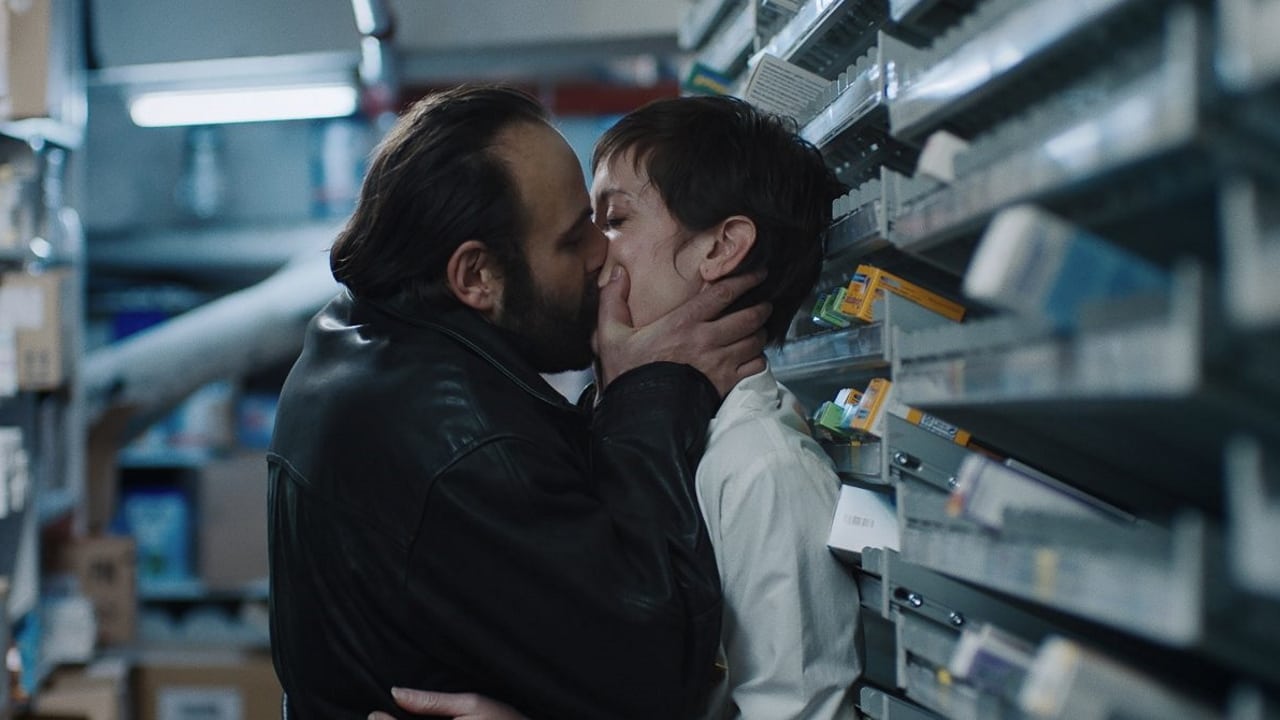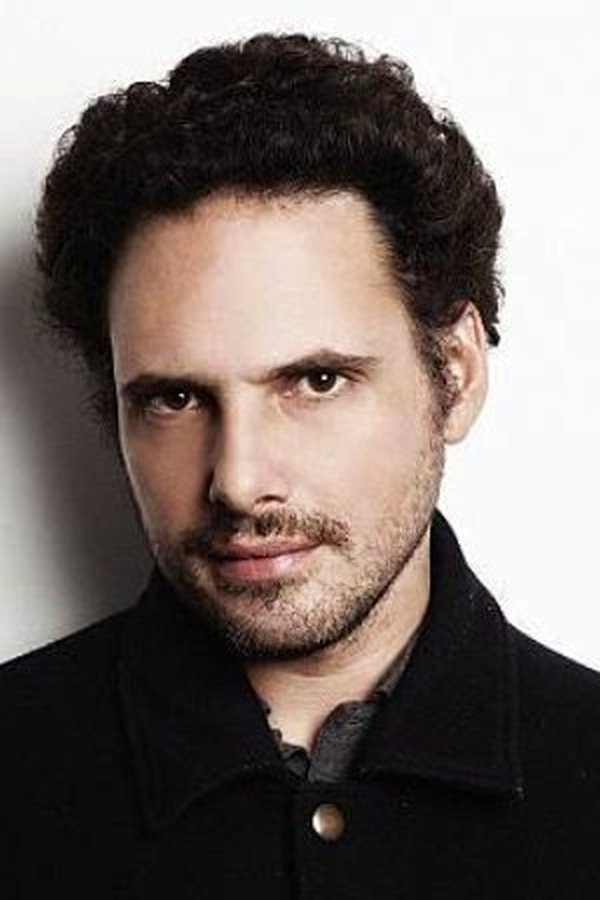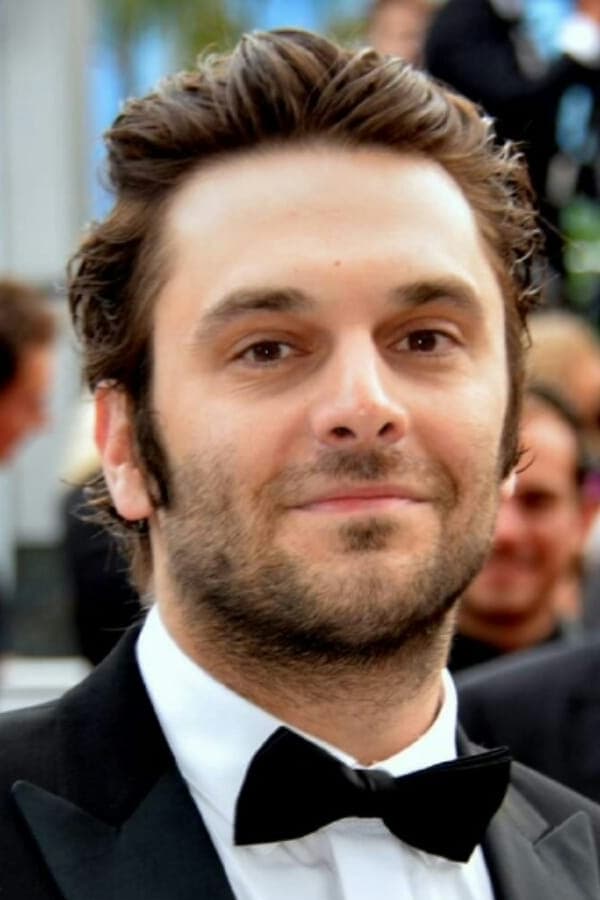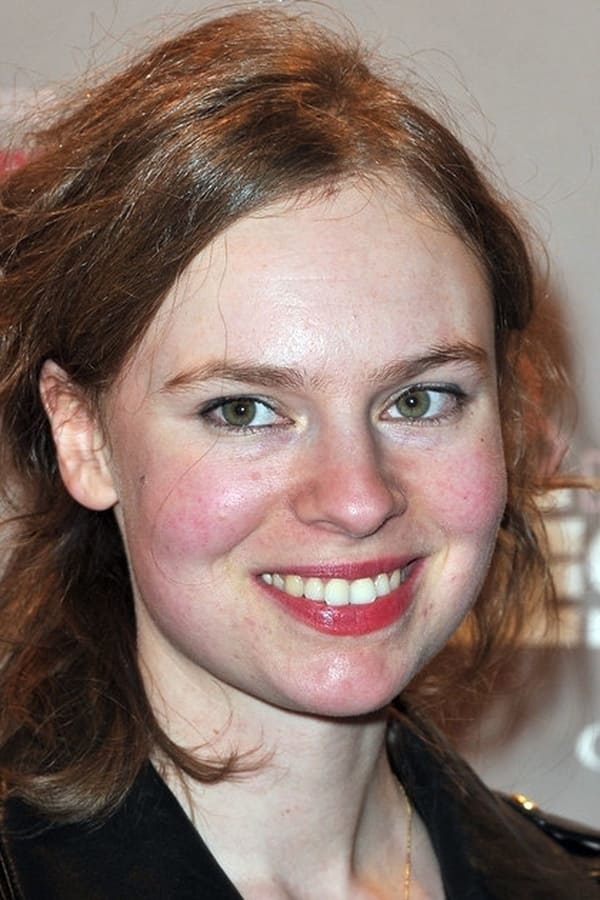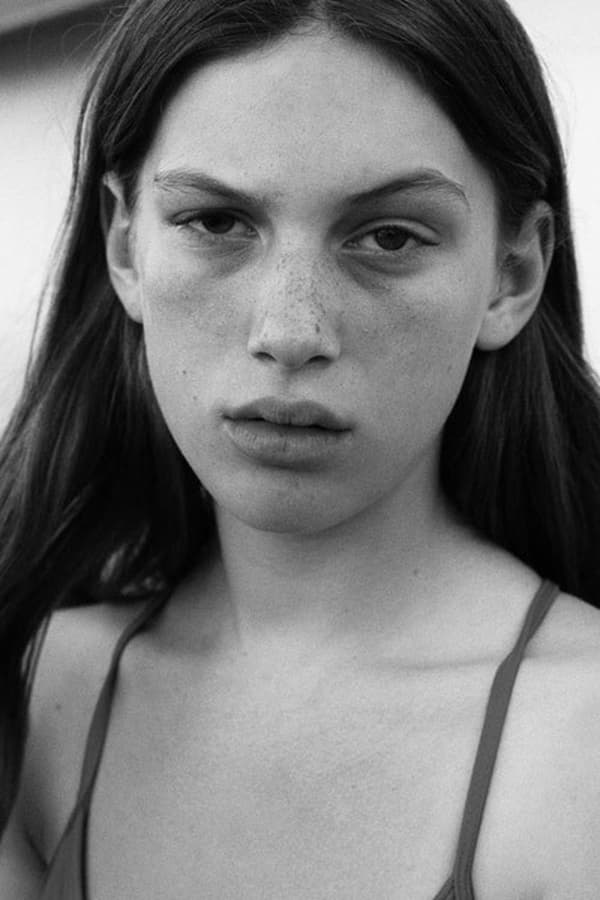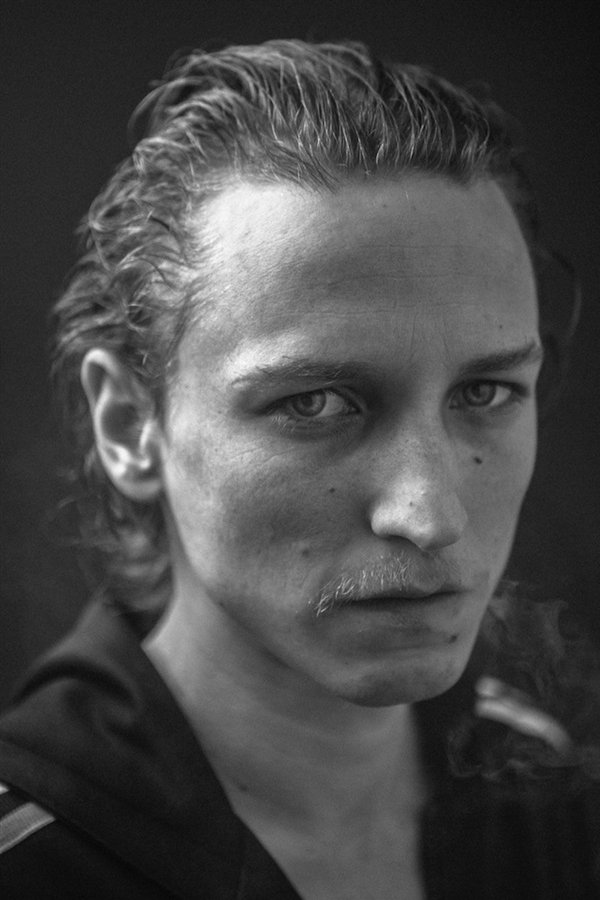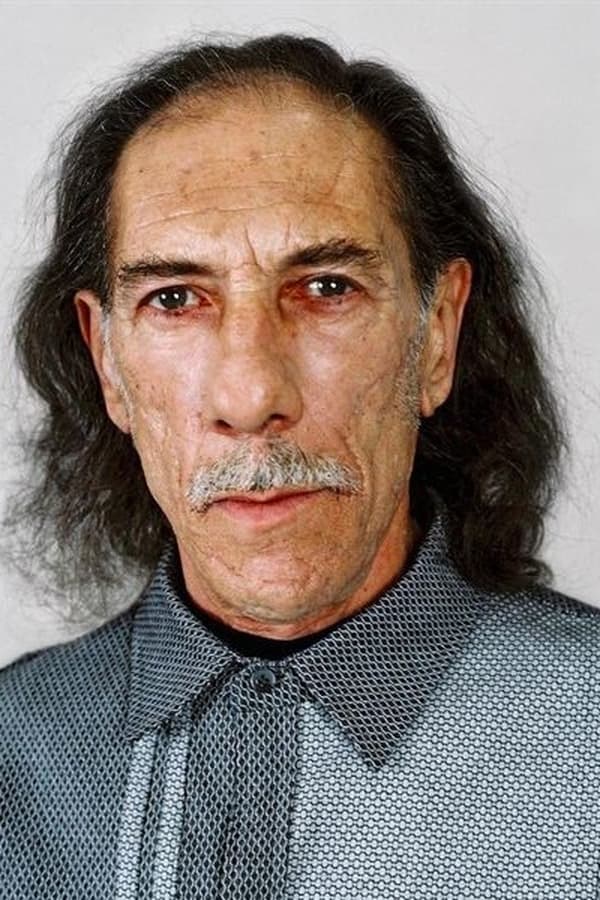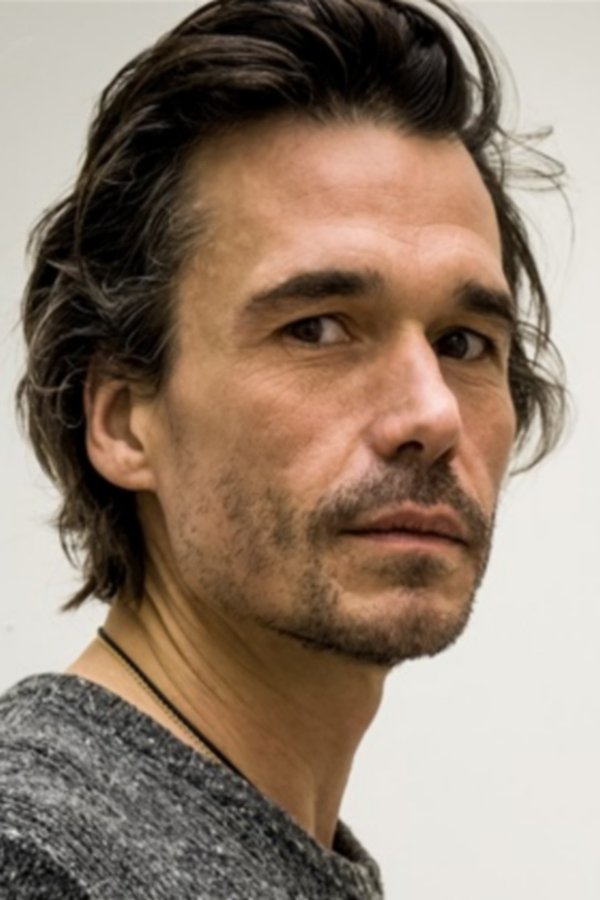Premiering at Cannes in 2020, and then on the big screen in June 2021,
The Night Doctor is Elie Wajeman's attempt to create a fictional character in whom he mixes some detective and dark aspects in the figure of a doctor. As stated by the director, his first intention was to adapt Chejov's
Platonov, but he soon moved away from that first idea and began to research Subutex trafficking.
Mikael (Vincent Macaigne) works as a doctor on night call. He is a good professional whose only purpose is to help the underprivileged. While he does his job, he deviates from his route and help drug addicts and homeless people by giving them prescriptions. He rubs shoulders with destitution. His life is in shambles. Especially when it comes to his pharmacist cousin (Pio Marmaï) who takes advantage of him, asking Mikael to write false prescriptions for Subutex, a dangerous drug developed for the treatment of heroin addiction.
Given his busy life during the night, Mikael has several problems at home. His wife (Sarah Le Picard) cannot stand the situation anymore and fairly demands that Mikael spend more time at home. When the discussion reaches its climax, she makes him choose between his job or his family.
While we see the gloomy doctor wandering around the streets of Paris, we can see that he is not sure about what life to choose. He has an adventure with his cousin’s fiancée (Sara Giraudeau). He is not sure about his cousin’s intentions, and he is not willing to give more drug prescriptions to him. He only wants to escape, to evade himself, and he even proposes it to his mistress. But after a succession of events during the long night he is forced to live—interestingly, the movie develops its action during one night—he settles down and finally appreciates what he already has, and he decides to stick to it.
When you finish watching
The Night Doctor, the most interesting thing is that the spectator will remember a grey, dark, and metallic Paris. Its neo-noir aesthetics are perfectly used in order to better depict Mikael’s shadows. The character, magnificently played by Vince Macaigne, has only good intentions but finds himself involved in a plot of deceptions with no way out.
The film increases its rhythm, becoming more and more intense with each photogram. This passionate progression of scenes produces nervousness in the spectator in a very effective way. Macaigne is capable of carrying this burden all by himself. His facial and body expressions could be studied in any acting school because we focus on him entirely and he achieves conveying that overwhelmed feeling his character experiences during the fateful night.
